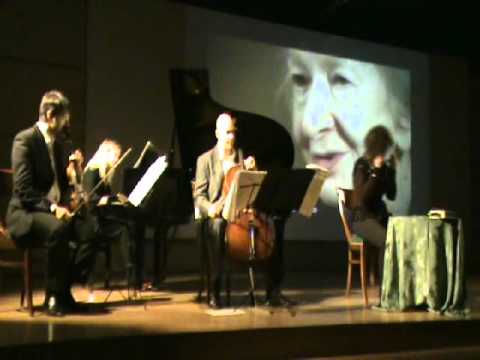Consolation – Poem by Wislawa Szymborska
Darwin.
They say he read novels to relax,
But only certain kinds:
nothing that ended unhappily.
If anything like that turned up,
enraged, he flung the book into the fire.
True or not,
Im ready to believe it.
Scanning in his mind so many times and places,
hed had enough of dying species,
the triumphs of the strong over the weak,
the endless struggles to survive,
all doomed sooner or later.
Hed earned the right to happy endings,
at least in fiction
with its diminutions.
Hence the indispensable
silver lining,
the lovers reunited, the families reconciled,
the doubts dispelled, fidelity rewarded,
fortunes regained, treasures uncovered,
stiff-necked neighbors mending their ways,
good names restored, greed daunted,
old maids married off to worthy parsons,
troublemakers banished to other hemispheres,
forgers of documents tossed down the stairs,
seducers scurrying to the altar,
orphans sheltered, widows comforted,
pride humbled, wounds healed over,
prodigal sons summoned home,
cups of sorrow thrown into the ocean,
hankies drenched with tears of reconciliation,
general merriment and celebration,
and the dog Fido,
gone astray in the first chapter,
turns up barking gladly
in the last.

